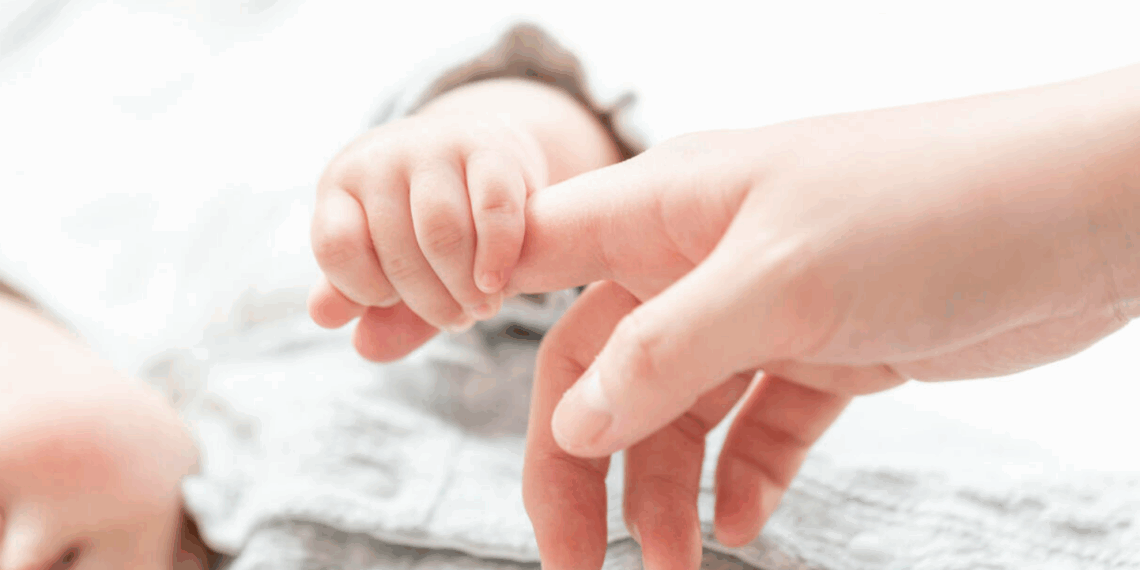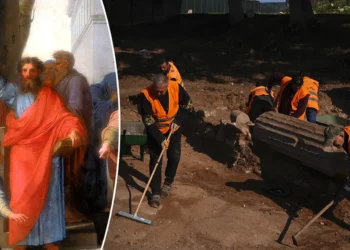TOKYO (Realist English). The number of babies born in Japan fell to an all-time low in 2024, dropping below 700,000 for the first time since recordkeeping began in 1899, according to new data released by the Ministry of Health.
Just 686,061 births were registered last year — a decline of more than 41,000 compared to 2023 — underscoring the nation’s deepening demographic crisis. Japan now has the second-oldest population in the world after Monaco, World Bank data shows.
The country also reported 1.6 million deaths in 2024, an increase of 1.9% year-on-year, further widening the natural population decline.
Prime Minister Shigeru Ishiba has labeled the situation a “quiet emergency”, pledging new family-oriented policies including improved parental leave, flexible work schedules, and support for rural revitalization to counter the trend.
The fertility rate — the average number of children a woman is expected to have — fell to 1.15, another historic low. For population stability, a rate of around 2.1 is typically required.
More than 20,000 communities across Japan are now dominated by elderly residents, with over half of their population aged 65 or older, according to the Ministry of Internal Affairs.
The demographic decline is also straining the labor market. Despite ongoing labor shortages, Japan maintains strict immigration controls, limiting its ability to fill workforce gaps through migration.
Japan’s neighbor, South Korea, reported a fertility rate of 0.75 in 2024 — still one of the lowest globally, though marginally up from the previous year due to a slight rise in marriage rates.
With births at historic lows and the elderly population surging, Japan faces mounting pressure to rethink its economic, social, and immigration policies. While the Ishiba government promises change, demographic momentum is hard to reverse — and the clock is ticking.


















